Apache Kafka on Kubernetes
Apache Kafka is an alternative enterprise messaging system that moves massive amounts of data—not just from point A to B, but from points A to Z.
How do I run Apache Kafka on Kubernetes?
Apache Kafka is a distributed data streaming platform that is a popular event processing choice. It can handle publishing, subscribing to, storing, and processing event streams in real-time. Apache Kafka supports a range of use cases where high throughput and scalability are vital, and by minimizing the need for point-to-point integrations for data sharing in certain applications, it can reduce latency to milliseconds.
Latest event-driven and Kubernetes articles

Learn how to build a zero trust environment using Red Hat Connectivity Link...
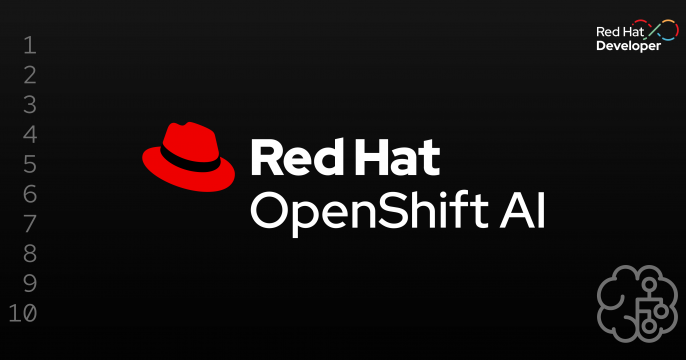
One conversation in Slack and email, real tickets in ServiceNow. Learn how...

One conversation in Slack and email, real tickets in ServiceNow. Learn how...

Discover the new features in Red Hat Advanced Cluster Security that allow...
Featured Kafka on Kubernetes articles

Learn how to build a zero trust environment using Red Hat Connectivity Link...

One conversation in Slack and email, real tickets in ServiceNow. Learn how...

Discover the new features in Red Hat Advanced Cluster Security that allow...
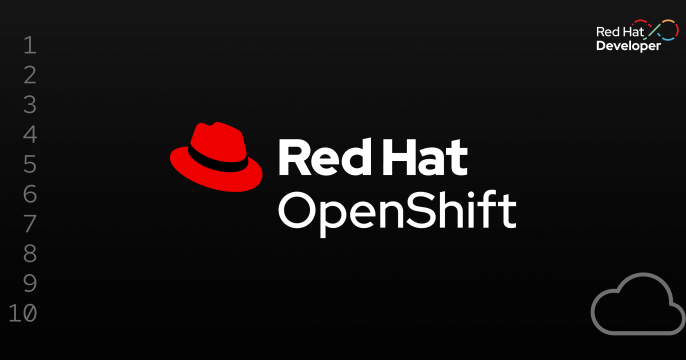
Learn how to upgrade volume performance on OpenShift without downtime using...

Red Hat OpenShift 4.21 introduces AI-driven insights, automated security...
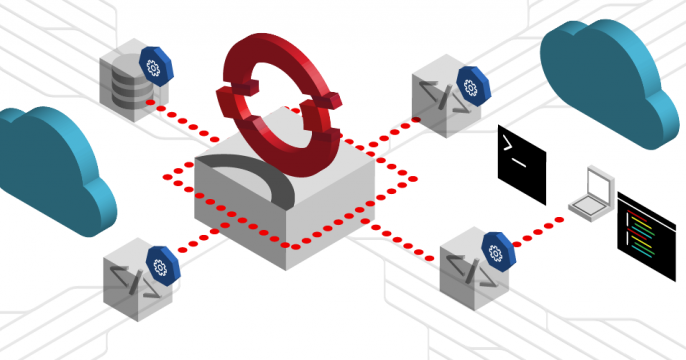
Install the Kiali Model Context Protocol server into OpenShift Lightspeed to...
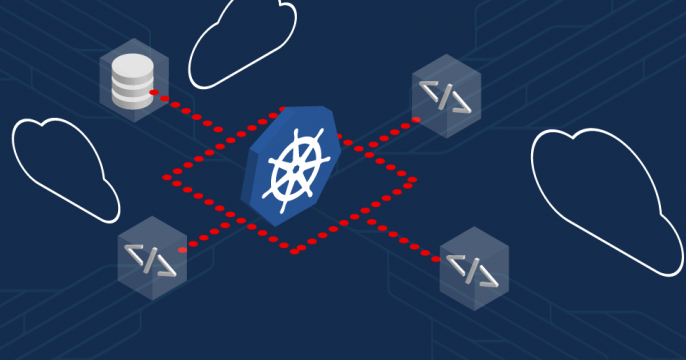
Go beyond ports 80 and 443. Learn how to configure Kubernetes LoadBalancer...

This guide details how to use curl and jq to retrieve and format CVE data in...
Deploy Red Hat AMQ Streams and Fuse on OpenShift Container Platform 4
Red Hat AMQ is a message broker for building communications among Java applications. Message-based applications are a key core capability of modern software development, and AMQ provides a solid foundation for building them.
The Streams module, which is based on the Apache Kafka and Strimzi projects, runs on Linux, macOS and Windows. The module also supports the publish/subscribe messaging method, better for containers. There are also Debezium Change Data Capture connectors that are used to capture row-level database changes and communicate these changes to your apps.
Debezium on OpenShift Cheat Sheet
Debezium is a distributed open-source platform for change data capture. Start it up, point it at your databases, and your apps can start responding to all of the inserts, updates, and deletes that other apps commit to your databases. Debezium is durable and fast, so your apps can respond quickly and never miss an event, even when things go wrong.
This cheat sheet covers how to deploy/create/run/update a Debezium Connector on OpenShift.
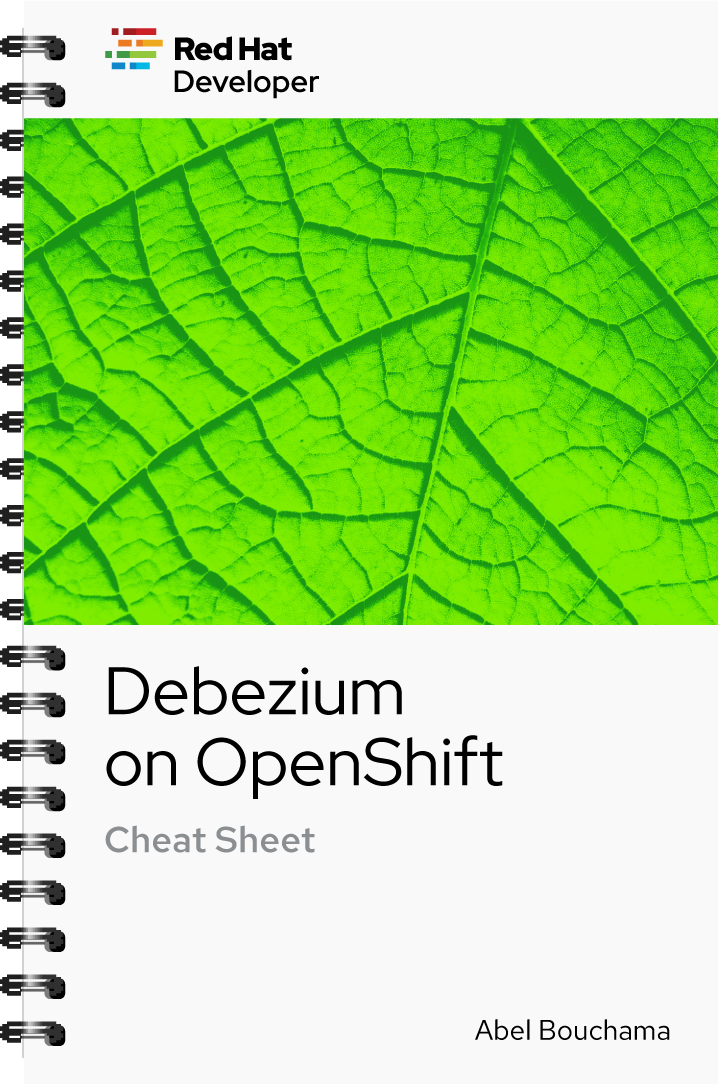
Customize your response to real-time information and increase your throughput
Not a developer? Learn more about how Event-driven Architecture (EDA) can help your business move forward.
